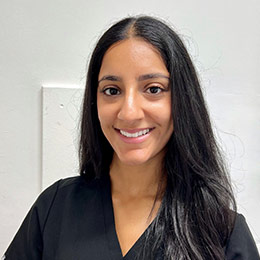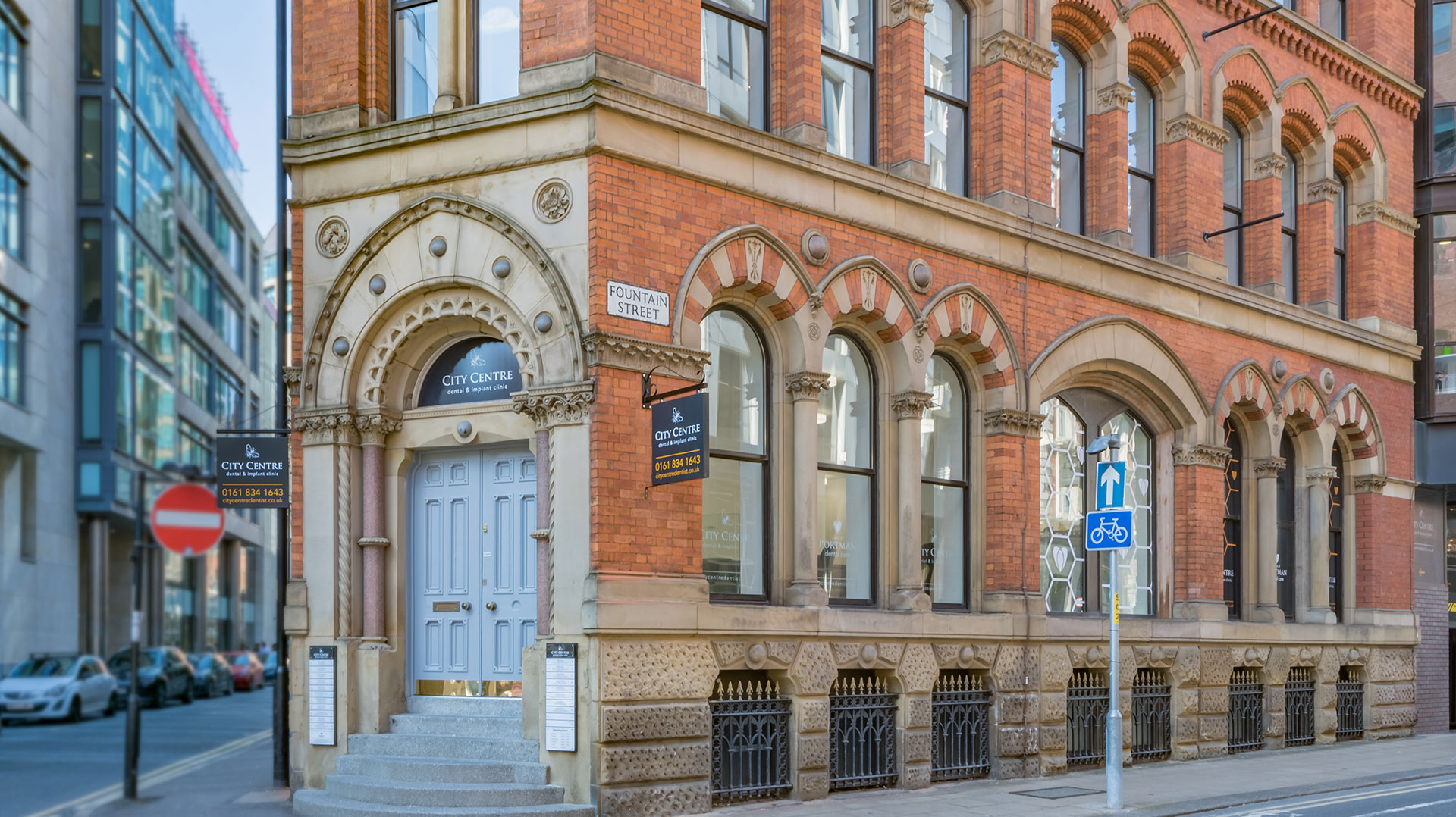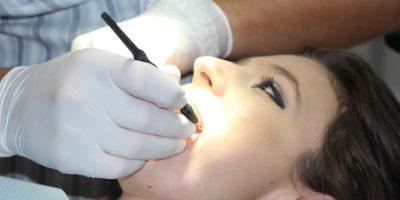-
Categorised as:
- Clinical
25 years of experience in dental sedation
Dental anxiety is a common problem that affects many individuals, often leading to avoidance of necessary dental care. For those who experience severe dental phobia, even routine procedures can feel overwhelming. More invasive tasks like dental implants and extractions are just too much.
Thankfully, advancements in dental sedation techniques, particularly intravenous (IV) sedation, provide a solution that allows patients to receive the care they need while minimizing stress and discomfort.
-
What is Dental Phobia?
Dental phobia is an intense fear of dental procedures. It can stem from various factors, including past traumatic experiences, fear of pain, or even anxiety about the dental environment itself. This phobia can lead to significant consequences, such as poor oral health, tooth decay, and gum disease, as individuals may delay or avoid dental visits altogether.
-
The Role of Sedation in Dentistry
Sedation dentistry is designed to help patients relax during dental procedures. Different types of sedation are available, including nitrous oxide (laughing gas), oral sedation, and intravenous sedation. Each method varies in its approach and effectiveness, but IV sedation has emerged as a particularly beneficial option for patients with dental phobia.
What is Intravenous Sedation?
Intravenous sedation involves administering sedative medications directly into the bloodstream through a vein. This method allows for rapid onset of sedation and can provide a deeper level of relaxation compared to other sedation types. IV sedation is typically administered by a trained dental professional, ensuring that the patient’s vital signs are carefully monitored throughout the procedure.
How IV Sedation Works
- Pre-Assessment: Before the procedure, the team will conduct a thorough assessment of the patient’s medical history and discuss any concerns. This helps tailor the sedation approach to the individual’s needs.
- Administration: During the procedure, the sedative is administered through an IV line, allowing for precise control over the level of sedation. Patients often feel drowsy and relaxed, with many having little to no memory of the procedure afterward.
- Monitoring: Throughout the process, the dental team monitors the patient’s vital signs, ensuring safety and comfort. This level of oversight is critical, especially for patients with underlying health conditions.
- Recovery: After the procedure, patients typically require a short recovery period. Since IV sedation can take some time to wear off, it is advisable for patients to arrange for someone to drive them home.
Benefits of IV Sedation for Dental Phobia
- Enhanced Relaxation: IV sedation helps patients feel calm and at ease, significantly reducing anxiety levels associated with dental visits.
- Amnesia Effect: Many patients report little to no memory of their experience, which can be particularly beneficial for those with a history of traumatic dental experiences.
- Control Over Sedation Levels: Dentists can adjust the dosage during the procedure, ensuring the patient remains comfortable throughout.
- Improved Treatment Outcomes: By alleviating anxiety, patients are more likely to cooperate, allowing for more efficient and effective treatment. If the patient is calm and relaxed it is much easier for the dentist to focus on delivering excellence.
-
Considerations and Alternatives
While IV sedation offers numerous benefits, it may not be suitable for everyone. Patients with certain medical conditions or those taking specific medications may need to explore alternative sedation options. Discussing these concerns with a dental professional is vital for determining the best approach.
Other alternatives include:
- Nitrous Oxide: Provides mild sedation and is easily reversible.
- Oral Sedation: Involves taking a sedative pill prior to the appointment, leading to a relaxed state.
-
Conclusion
For dental phobic patients, IV sedation can be a game-changer, facilitating access to necessary dental care while alleviating anxiety. By understanding the options available and working closely with dental professionals, individuals can overcome their fears and prioritise their oral health. If you or someone you know struggles with dental anxiety, consider consulting with our dentists who are skilled in sedation dentistry to explore the best solutions for your needs. Taking that first step towards a healthier smile is often just a conversation away.
Meet our team
-

Navneet Jhaj
Dentist
-

Sarah Kininga
Dental Nurse
-

Dewi Emberton
Receptionist
-

Zeneca Edwards
Receptionist

Navneet qualified from King’s College London Dental Institute in 2019. Her passion for Dentistry is ever-growing as she has completed several postgraduate courses. She has completed a yearlong Restorative Dentistry programme to progress her skills further. Her keen interest for restorative and aesthetics enhanced as she attended the world-renowned course in Italy, Styleitaliano Daily Menu. Additionally, she provides Invisalign to be able to offer a complete smile makeover.
Navneet has a friendly and calm nature and she aims to empower her patients to understand and better their oral health. With her welcoming presence she thoroughly enjoys treating paediatric and nervous patients.
In the near future she aims to provide patients with evidence – based holistic approaches to aid their overall health, as outside of work, she is hugely interested in nutrition, health and wellness.



Should you be unsure on any of the above, please do not hesitate to contact us
How to find us
Our practice is located in the heart of Manchester City Centre. You can find us at 31 Booth St, Manchester, M2 4AF, where we’ll be providing fantastic state-of-the-art services in a purpose-built space in a beautiful listed building. We look forward to seeing you soon.
Parking information & accessibility
Our practice is fully accessible, meaning that regardless of your mobility, we can welcome you into practice, please contact us for further information about our access. If you are travelling by car, we are within close proximity to the chargeable NCP car park at Piccadilly Plaza. Alternatively, there are number of tram and bus stops, which are just a short walk away.





